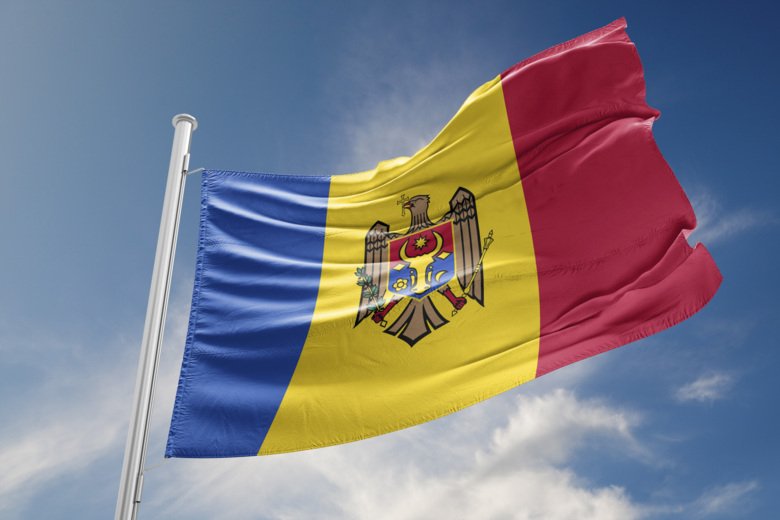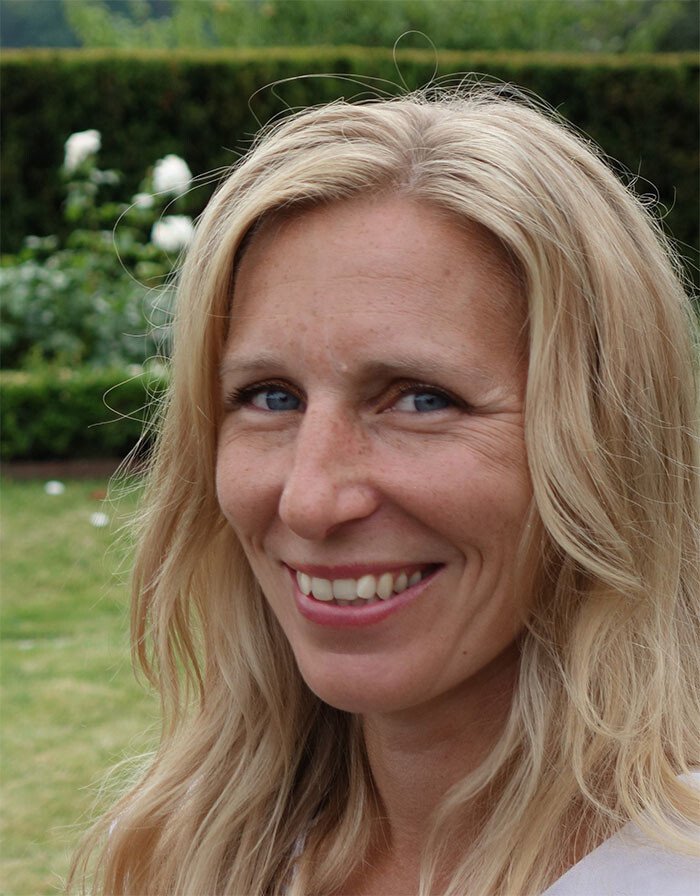A team from KI went to Moldova to conduct mass casualty exercises

Six people, members of staff or affiliated, from KI went to Moldova on short notice to support the healthcare system there by conducting mass casualty exercises and training in triage and treatment of war wounds. The work was done through KI’s Centre for Health Crises, on a request from the WHO.
Moldova shares a 400-kilometre-long border with Ukraine. Since the outbreak of war in the neighbouring country Moldova has received over 200 000 refugees. At the same time there is growing concern that Russia will use the breakaway republic of Transnistria to also launch an attack on Moldova. The country is already one of the poorest and most fragile in Europe. The country’s health budget per capita is only around 3% of Sweden’s.
The Moldavian Ministry of Health had turned to the World Health Organisation (WHO) to ask for support in organising and conducting mass casualty exercise and training in treatment of war wounds. The intention was to increase the country’s capacity to handle mass casualty situations, both considering the war that is going on in the neighbouring country, but also existing risks within the country. The WHO in turn turned to KI and the Centre for Health Crises, who, thanks to a collaboration agreement with the WHO, are ready to second expert staff for training and exercises.
A team of six people, staff or affiliated, from KI went to Moldova during the weekend of the 19th and 20th of March, in order to being work conducting trainings the week after.

An important exchange of experiences and support
”But we are not going just to teach, but to, in a collegial manner, share our competence in handling injured and giving optimal care. We create an opportunity, a space, for training, discussion, and reflection, together”, said Therese Djärv, adjunct professor at the Department of Medicine, Solna and part of the team from KI.
The training that the group conducted focused on triage, prioritisation, organisation, and leadership, but it also included clinical elements, such as treatment of injuries due to explosion and ballistic injuries. Several of the exercises, including that in triage, have been developed here at KI. Thirty directors of emergency wards from thirteen hospitals in southern Moldova participated in the three-day-long course.
The team stayed for a week but had to always be aware that the situation could change quickly, and a lot could happen. The most important thing was to listen to the needs on the ground and adapt to them
”The exchange of experiences and supporting one another is the most important thing, for all of us”, Therese Djärv emphasised.
